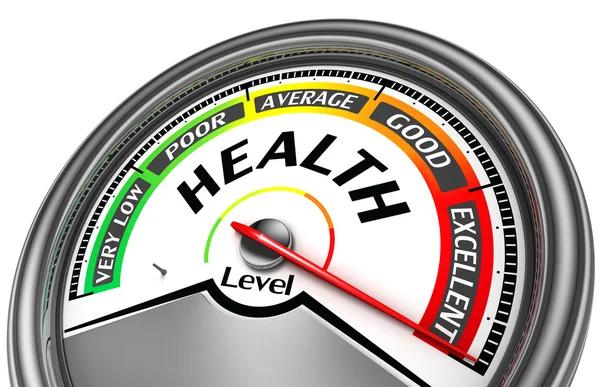Improving your reproductive health is an essential aspect of overall well-being. It involves the healthy functioning of the reproductive processes and systems at all stages of life. Reproductive health, therefore, implies that people can have a responsible, satisfying and safe sex life. Moreover, they should also have the capability to reproduce and the freedom to decide if, when and how often to do so.
To improve reproductive health, it’s crucial first to understand some factors affecting it negatively. These include sexually transmitted infections (STIs), harmful practices such as female genital mutilation (FGM) or early marriages, unintended pregnancies and unsafe abortions among others. Addressing these issues can significantly enhance one’s reproductive health status.
The first step towards improving your reproductive health is maintaining a healthy lifestyle which includes regular exercise and a balanced diet. Regular physical activity helps maintain a healthy weight thus reducing risks associated with obesity like infertility in both men and women. A balanced diet rich in fruits, vegetables whole grains lean proteins can help prevent complications that might affect fertility such as Polycystic Ovary Syndrome (PCOS) in women.
Regular check-ups are another vital aspect of maintaining good reproductive health; they allow for early detection of potential problems such as STIs or cancers affecting reproductive organs like cervical cancer in women or testicular cancer in men. Early detection increases chances for successful treatment hence preventing long term effects on fertility.
Avoiding risky behaviors like unprotected sex not only prevents STIs but also unwanted pregnancies which might lead to unsafe abortions especially where abortion isn’t legal or accessible safely. Using contraception allows individuals control over their reproduction by enabling them plan when they want children thus avoiding unintended pregnancies.
Furthermore, mental wellbeing plays an integral role in one’s reproductive health; stress has been linked with hormonal imbalances that could affect fertility negatively while depression during pregnancy increases risk for preterm delivery low birth weight babies among other complications.
Education too cannot be underestimated; understanding one’s body and how it works can help in recognizing any changes that might signal a problem. Additionally, knowing one’s rights in relation to reproductive health such as the right to access reproductive health services or the right to be free from gender-based violence is empowering and enables individuals make informed decisions regarding their reproductive health.
In conclusion, improving your reproductive health requires a holistic approach involving physical, mental and emotional well-being. It’s about making healthy choices regarding diet, exercise and sexual behavior while also seeking regular medical check-ups for early detection of potential problems. Education on reproductive health rights empowers individuals make informed decisions hence improving their overall quality of life.


